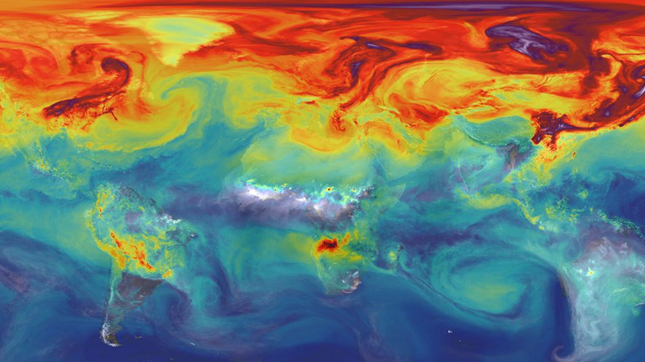
What’s missing from COP? Climate education and a theory of change – Ben Rawlence
More like this
-

An Essay By Ben Rawlence – “Public Education in an Era of Planetary Emergency”
CEO of Black Mountains College, Ben Rawlence, shares his thoughts on public education in a…
-

What’s missing from COP? Climate education and a theory of change – Ben Rawlence
Do you remember those terrifying AIDS adverts in the 1980s showing a tombstone and an…
The BMC Prospectus
Download the Black Mountains College prospectus for an overview of our courses, campuses, and vibrant student life
Visit us
Come along to one of our Discovery Days or Campus Tours to explore our campuses and meet your tutors
